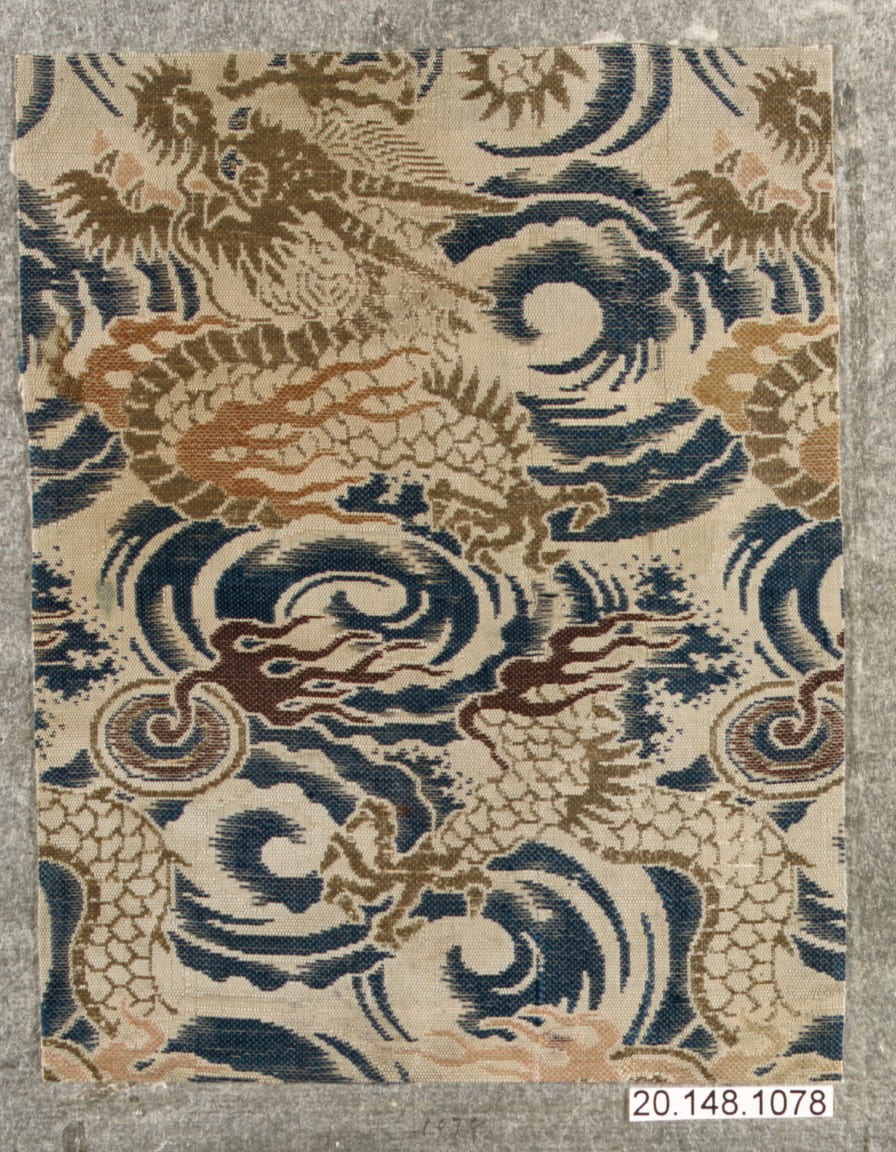Jun Hee Lee
PhD Candidate, Department of History
“In Chorus with Cold War Allies: The Rise and Fall of the Utagoe Movement’s National Music Paradigm”
Thursday, May 17th, 4:00-6:00 PM
John Hope Franklin Room [SSR 224]
Discussant: Robert Burgos, PhD Student, Department of History
Please join the East Asia: Transregional Histories workshop in welcoming our own Jun Hee Lee as he presents a draft of his dissertation chapter, titled “In Chorus with Cold War Allies: The Rise and Fall of the Utagoe’s Movement’s National Music Paradigm.” He has provided the following abstract:
From its humble origins as a choral group within the Japan Communist Party’s youth association, Utagoe gained prominence and notoriety through the 1950s as a singing movement of national scale, giving birth to multitudes of choruses across workplaces and localities in Japan. Since the early 1950s, Utagoe began calling for the creation of “national music” (kokumin ongaku) – a body of music befitting a democratic Japan that was to stand in opposition to “decadent” culture instigated by the mass media and American imperialism. While the term had prewar and even wartime precedents, Utagoe’s national music had both “Japanese” and foreign reference points, including Soviet/Russian songs and later American folk music. In the 1950s and 1960s, Russian and Soviet music served as an example of national music which Utagoe’s leadership figures sought to emulate. American folk music, on the other hand, turned out to be a mixed blessing towards the end of the 1960s, as it caused a serious division within Utagoe over how to treat the “commercialized” versions of the genre coming from both the United States and Japan. By examining manners in which individuals and groups from Utagoe conceptualized music in terms of nations, this chapter illustrates how the “national music” paradigm informed Utagoe’s musical and political worldview in both domestic and international contexts for the first two decades of the movement (1953-1973), during which Utagoe cultivated its self-image as a part of (socialist) international solidarity against American imperialism.
Jun Hee’s Paper can be found in the post below.
As always, first-time attendees are welcome. Light refreshments and snacks will be served. If you have any questions or require assistance to attend, please contact Robert Burgos at rburgos@uchicago.edu or Spencer Stewart at sdstewart@uchicago.edu.
